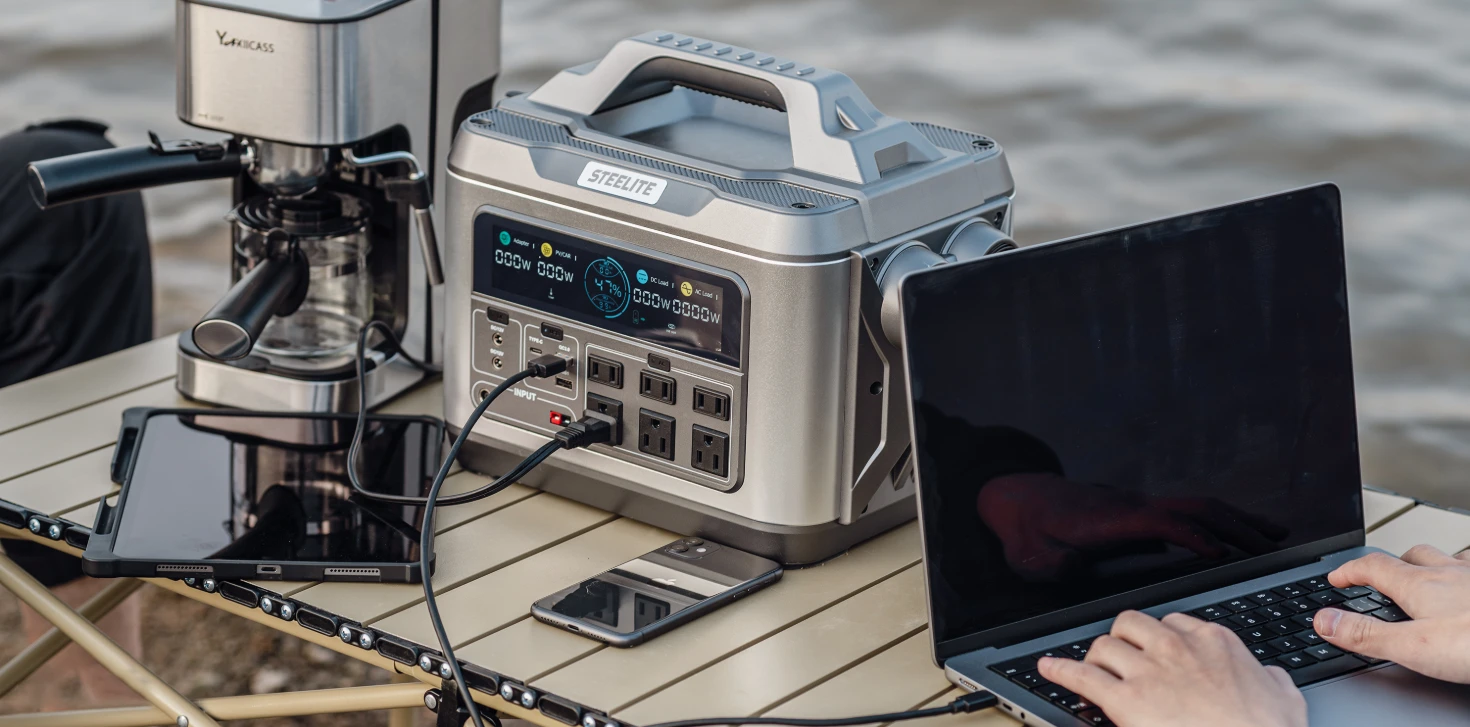Email format error
Email cannot be empty
Email already exists
6-20 characters(letters plus numbers only)
The password is inconsistent
Email format error
Email cannot be empty
Email does not exist
6-20 characters(letters plus numbers only)
The password is inconsistent


Are you planning an outdoor adventure and wondering which battery to choose for your devices? With so many options available, it can be overwhelming to decide which battery is the best fit for your needs. In this guide, we’ll take a closer look at the most common types of batteries used for outdoor activities and help you choose the right one for your next adventure.
Lithium-ion Batteries
Lithium-ion batteries are a popular choice for outdoor activities due to their lightweight and high energy density. They can be charged quickly and are a great option for activities where weight and space are a concern. They are also safe and environmentally friendly, making them a great choice for those who are conscious of their impact on the environment.
Lead-acid Batteries
Lead-acid batteries are less expensive than lithium-ion batteries and have a high capacity, making them a good choice for outdoor activities where cost and power are a concern. However, they are heavier and bulkier than lithium-ion batteries, which makes them less portable.
NiMH Batteries
NiMH batteries are a good choice for outdoor activities where cost and environmental concerns are a priority. They are rechargeable and have a longer lifespan than alkaline batteries, but they are not as lightweight or high-capacity as lithium-ion batteries.
Alkaline Batteries
Alkaline batteries are a common choice for outdoor activities due to their availability and low cost. However, they are not rechargeable and have a shorter lifespan than other types of batteries. They are also not as environmentally friendly as rechargeable batteries.
Solar-powered Batteries
Solar-powered batteries are a great choice for outdoor activities where access to sunlight is available. They can be charged using solar panels and provide a renewable source of energy. However, they can be expensive and may not be as reliable as other types of batteries.
Conclusion
Choosing the right battery for your outdoor activities depends on your power needs, weight restrictions, cost, and environmental concerns. Consider the advantages and disadvantages of each type of battery and choose the one that best fits your needs. With the right battery, you can enjoy your outdoor adventure without worrying about running out of power.